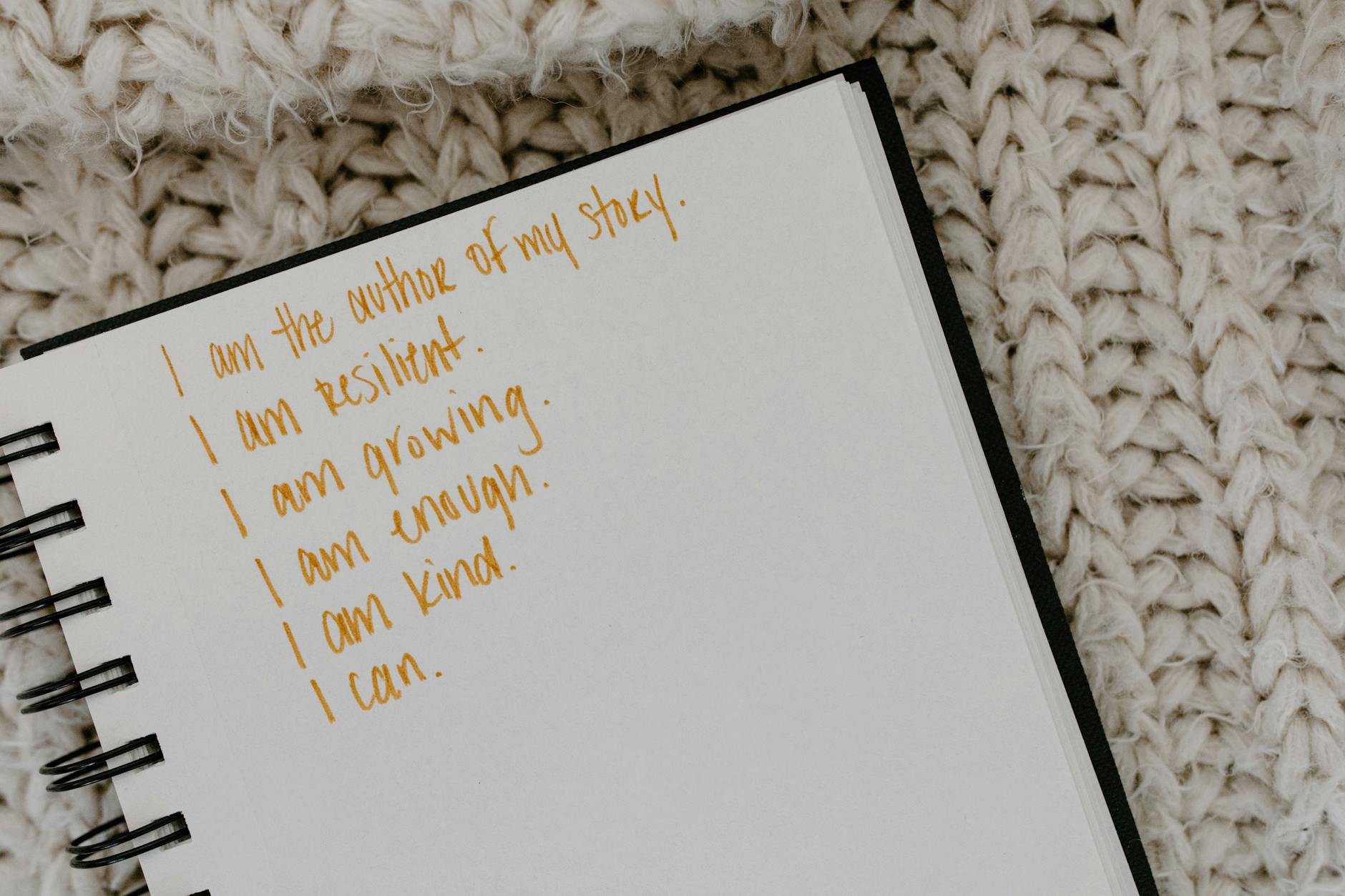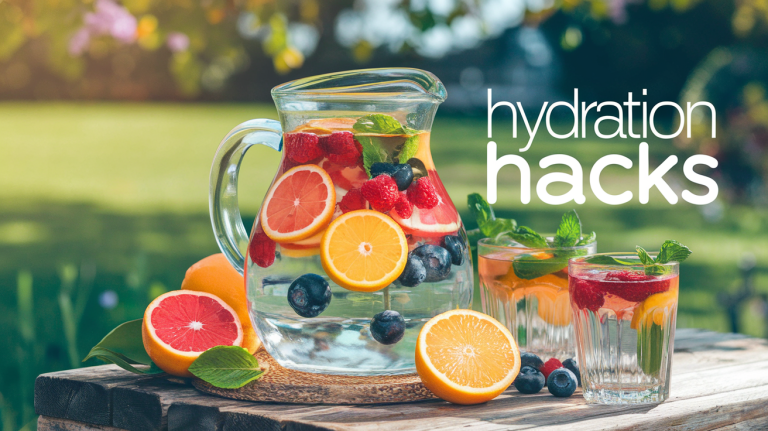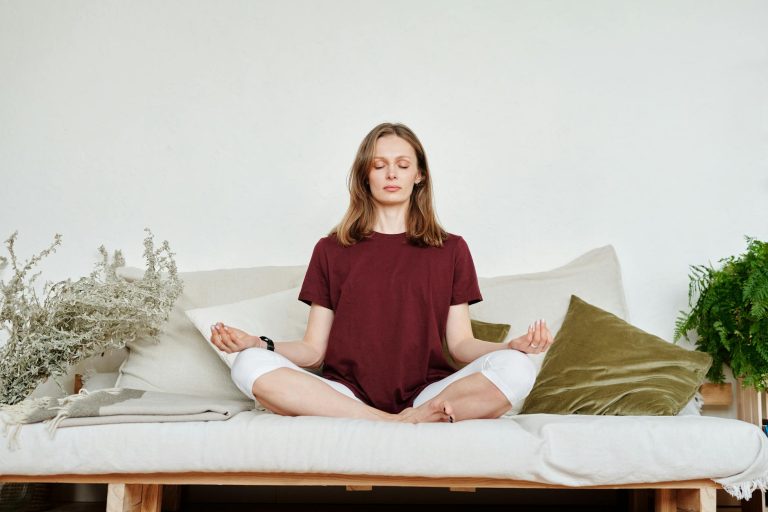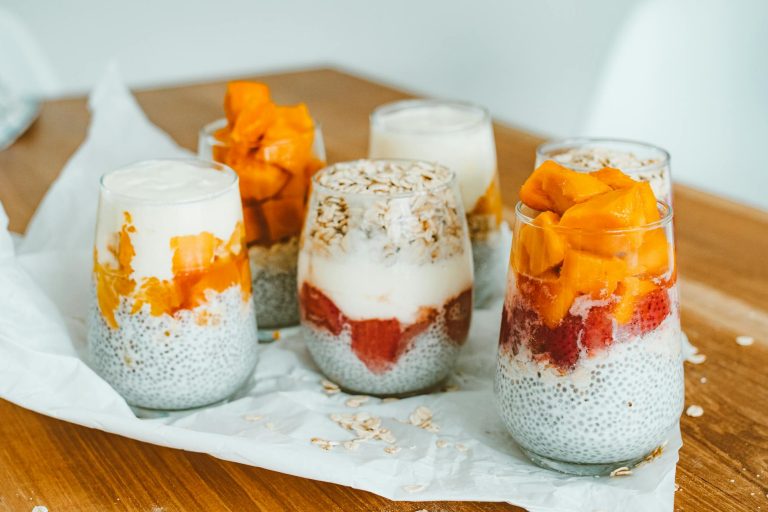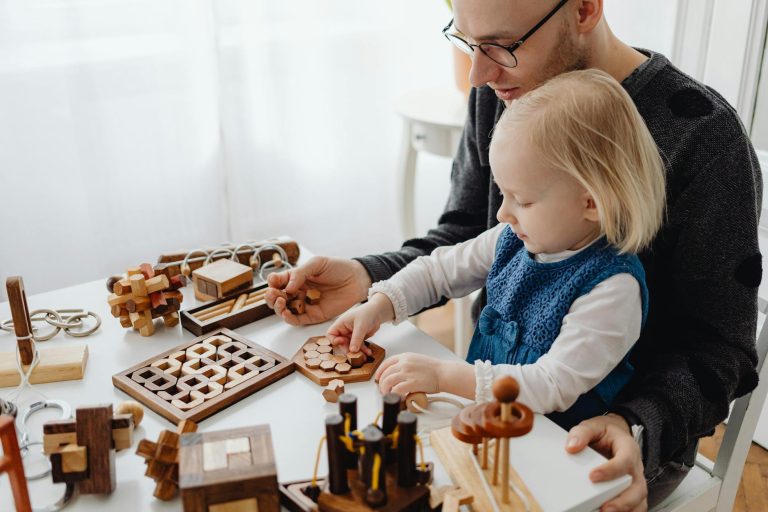Body Positivity vs. Diet Culture: How to Love Yourself at Any Size
Are you tired of feeling like you’re in a constant battle with your body? 😫 In a world obsessed with “ideal” body types and quick-fix diets, it’s easy to fall into the trap of self-criticism and endless weight-loss pursuits. But what if there was a better way? 🤔
Enter the realm of body positivity – a revolutionary movement that’s challenging societal norms and empowering individuals to love themselves exactly as they are. It’s time to break free from the shackles of diet culture and embark on a journey of self-acceptance and celebration. 🎉
In this blog post, we’ll explore the fascinating interplay between body positivity and diet culture, and uncover practical strategies to nurture self-love at any size. From understanding the core principles of body positivity to navigating the tricky waters of social media, we’ll equip you with the tools you need to embrace your unique beauty and build a supportive community that uplifts and inspires. 💪 Are you ready to transform your relationship with your body and discover the freedom that comes with true self-acceptance? Let’s dive in!
Understanding Body Positivity
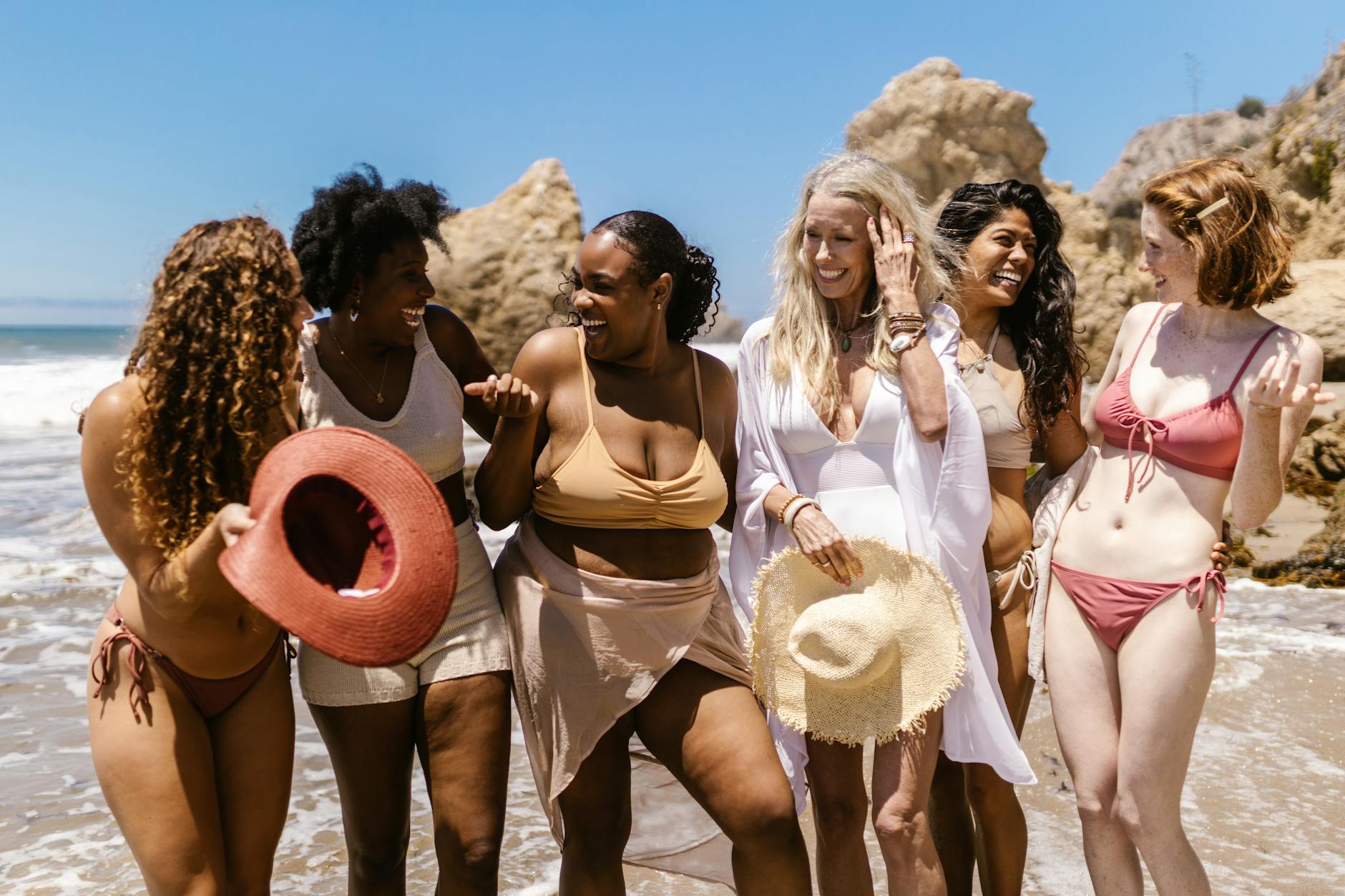
Definition and core principles
Body positivity is a social movement that encourages people to accept and appreciate their bodies, regardless of shape, size, or appearance. The core principles of body positivity include:
- Acceptance of all body types
- Rejection of unrealistic beauty standards
- Emphasis on health over appearance
- Promotion of self-love and self-care
These principles aim to create a more inclusive and compassionate society where everyone feels valued and respected. Body positivity challenges the notion that only certain body types are worthy of admiration and encourages individuals to focus on their overall well-being rather than conforming to societal expectations.
Benefits of embracing body positivity
Embracing body positivity can lead to numerous physical and mental health benefits:
| Benefit | Description |
|---|---|
| Improved self-esteem | Accepting your body leads to greater confidence and self-worth |
| Reduced stress | Less pressure to conform to unrealistic standards reduces anxiety |
| Better mental health | Positive body image is linked to lower rates of depression |
| Healthier relationships | Self-acceptance fosters stronger connections with others |
| Increased motivation | Focus on health rather than appearance encourages sustainable habits |
By adopting a body-positive mindset, individuals can experience a more fulfilling and balanced life, free from the constant pressure to change their appearance.
Debunking common misconceptions
There are several misconceptions about body positivity that need to be addressed:
- It promotes unhealthy lifestyles: Body positivity encourages overall well-being, not neglecting health.
- It’s only for certain body types: The movement is inclusive of all shapes, sizes, and appearances.
- It rejects personal improvement: Body positivity supports making changes for health reasons, not societal pressure.
- It’s about ignoring flaws: The movement encourages self-acceptance while acknowledging areas for growth.
By understanding these misconceptions, we can better appreciate the true goals of body positivity and its potential to create a more inclusive and compassionate society. Now that we have a clear understanding of body positivity, let’s explore the pitfalls of diet culture and how it contrasts with this empowering movement.
The Pitfalls of Diet Culture
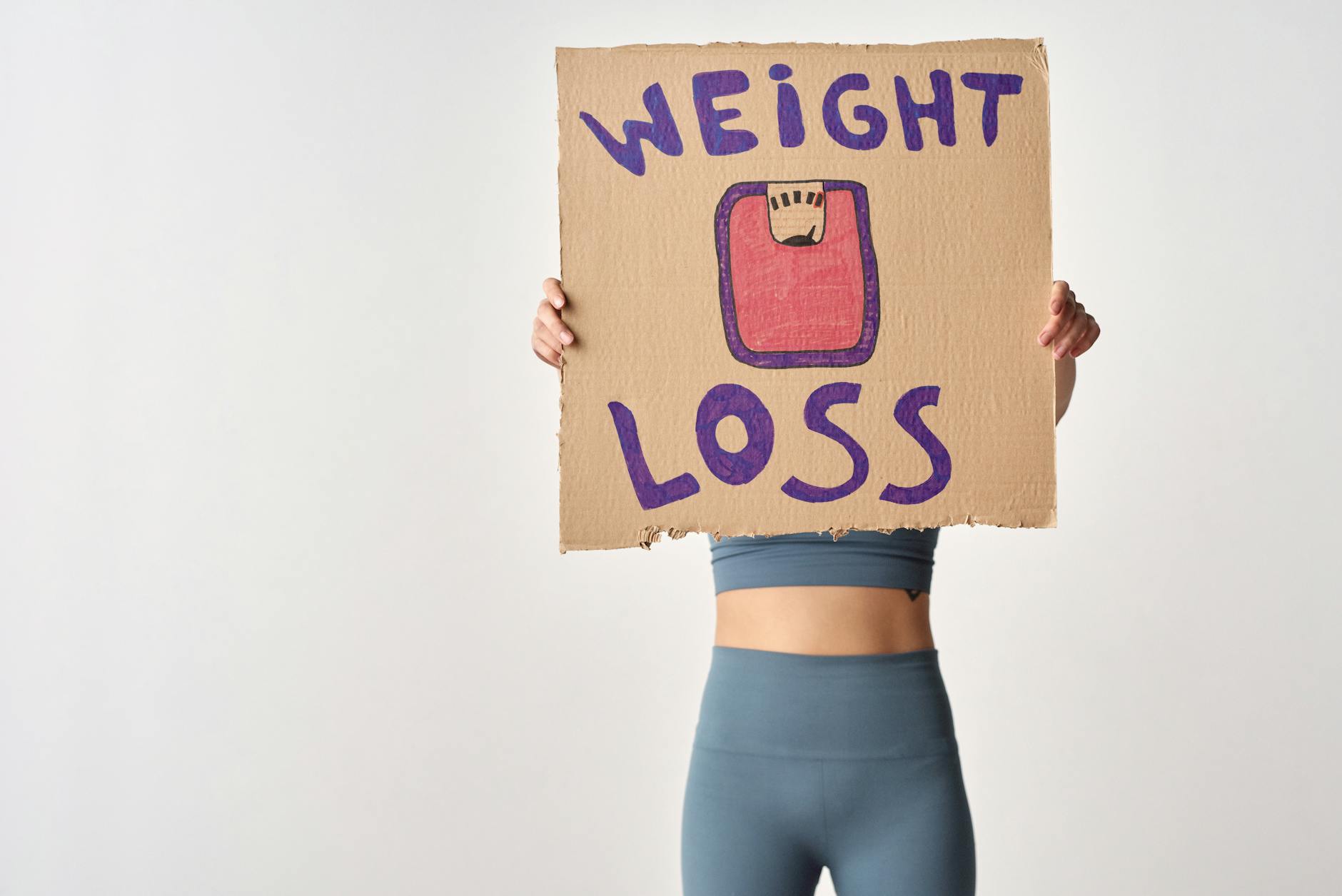
Harmful effects on mental health
Diet culture can significantly impact mental health, leading to:
- Increased anxiety and depression
- Lower self-esteem
- Disordered eating patterns
- Body dissatisfaction
Research shows that constant dieting and weight obsession can create a negative relationship with food and one’s body, often resulting in long-term psychological distress.
Unrealistic beauty standards
Diet culture promotes unattainable ideals, causing:
- Unrealistic body expectations
- Increased body dysmorphia
- Pressure to conform to narrow beauty standards
- Neglect of overall health and well-being
These standards often ignore genetic diversity and natural body variations, leading to widespread dissatisfaction and shame.
The cycle of yo-yo dieting
Yo-yo dieting, a common result of diet culture, involves:
- Initial weight loss
- Weight regain
- Repeated dieting attempts
This cycle can have serious health consequences:
| Physical Effects | Psychological Effects |
|---|---|
| Slowed metabolism | Feelings of failure |
| Nutrient deficiencies | Decreased self-confidence |
| Increased risk of heart disease | Obsession with food and weight |
| Weakened immune system | Stress and anxiety |
Financial exploitation in the diet industry
The diet industry capitalizes on insecurities, leading to:
- Expensive weight loss programs
- Overpriced “miracle” products
- Continuous spending on new diets and supplements
This exploitation often prioritizes profits over genuine health outcomes, perpetuating the cycle of dieting and body dissatisfaction. By understanding these pitfalls, we can begin to challenge diet culture and move towards a more holistic approach to health and self-acceptance.
Cultivating Self-Love at Any Size
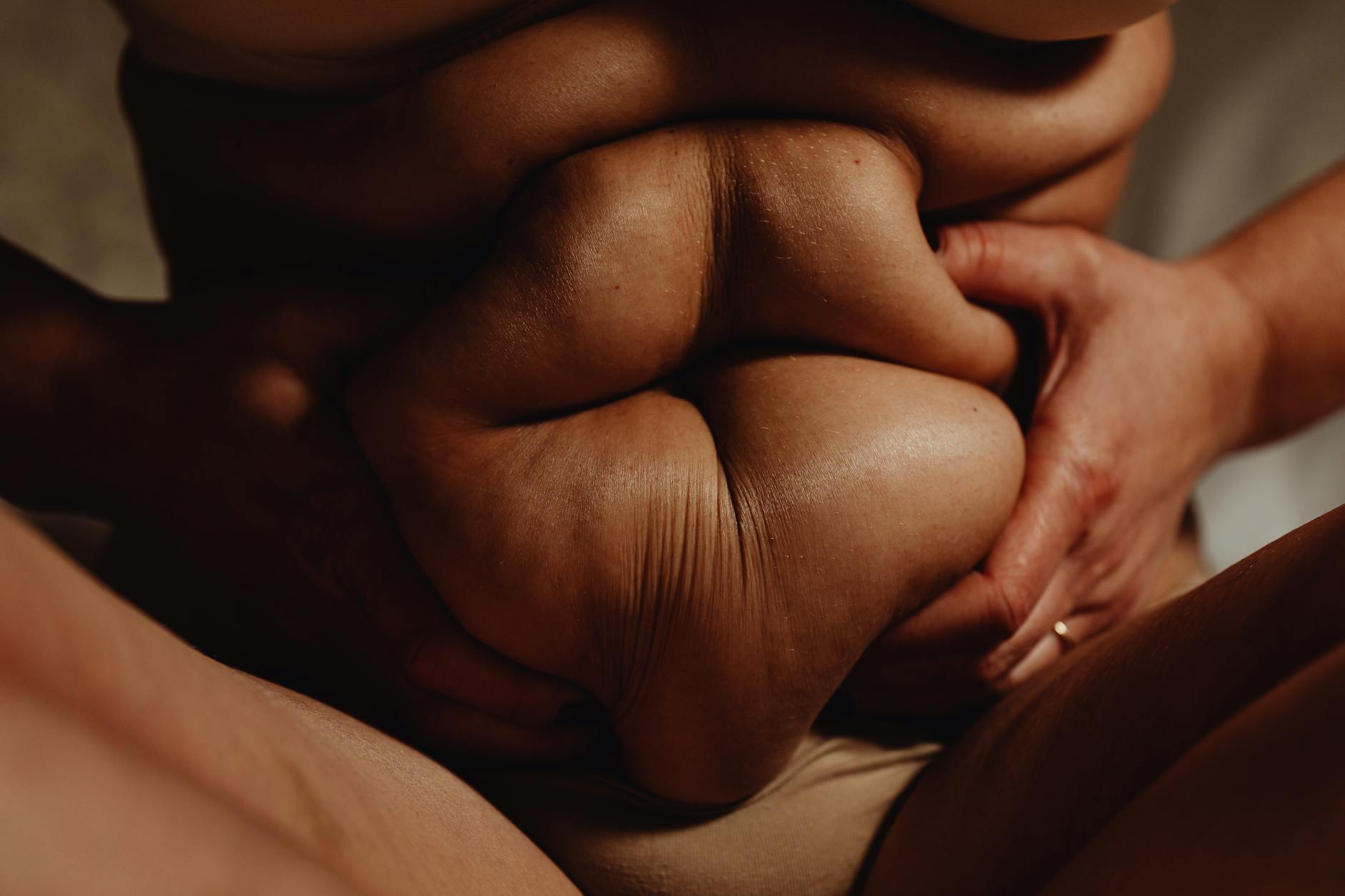
Practicing self-compassion
Self-compassion is a crucial first step in cultivating self-love at any size. It involves treating yourself with the same kindness and understanding you would offer a close friend. Here are some ways to practice self-compassion:
- Acknowledge your feelings without judgment
- Recognize that imperfections are part of the human experience
- Use positive affirmations to counter negative thoughts
- Practice mindfulness to stay present and reduce self-criticism
Focusing on health rather than appearance
Shifting your focus from appearance to overall health can significantly improve your relationship with your body. Consider the following aspects of health:
| Aspect | Benefits |
|---|---|
| Physical activity | Improves mood, energy, and overall well-being |
| Balanced nutrition | Nourishes your body and supports vital functions |
| Mental health | Enhances emotional resilience and self-esteem |
| Sleep quality | Promotes recovery and cognitive function |
Surrounding yourself with positive influences
Your environment plays a crucial role in shaping your self-perception. To cultivate self-love:
- Curate your social media feeds to include body-positive content
- Spend time with people who uplift and support you
- Engage with diverse representations of beauty in media and art
- Seek out body-positive communities and resources
Reframing negative self-talk
Negative self-talk can be a significant barrier to self-love. Learn to identify and challenge these thoughts:
- Notice when you’re being overly critical of yourself
- Question the validity of negative thoughts
- Replace harsh self-criticism with more balanced, realistic statements
- Practice gratitude for what your body can do, rather than focusing on how it looks
By implementing these strategies, you can begin to cultivate a more loving and accepting relationship with your body, regardless of its size or shape.
Practical Steps to Embrace Your Body
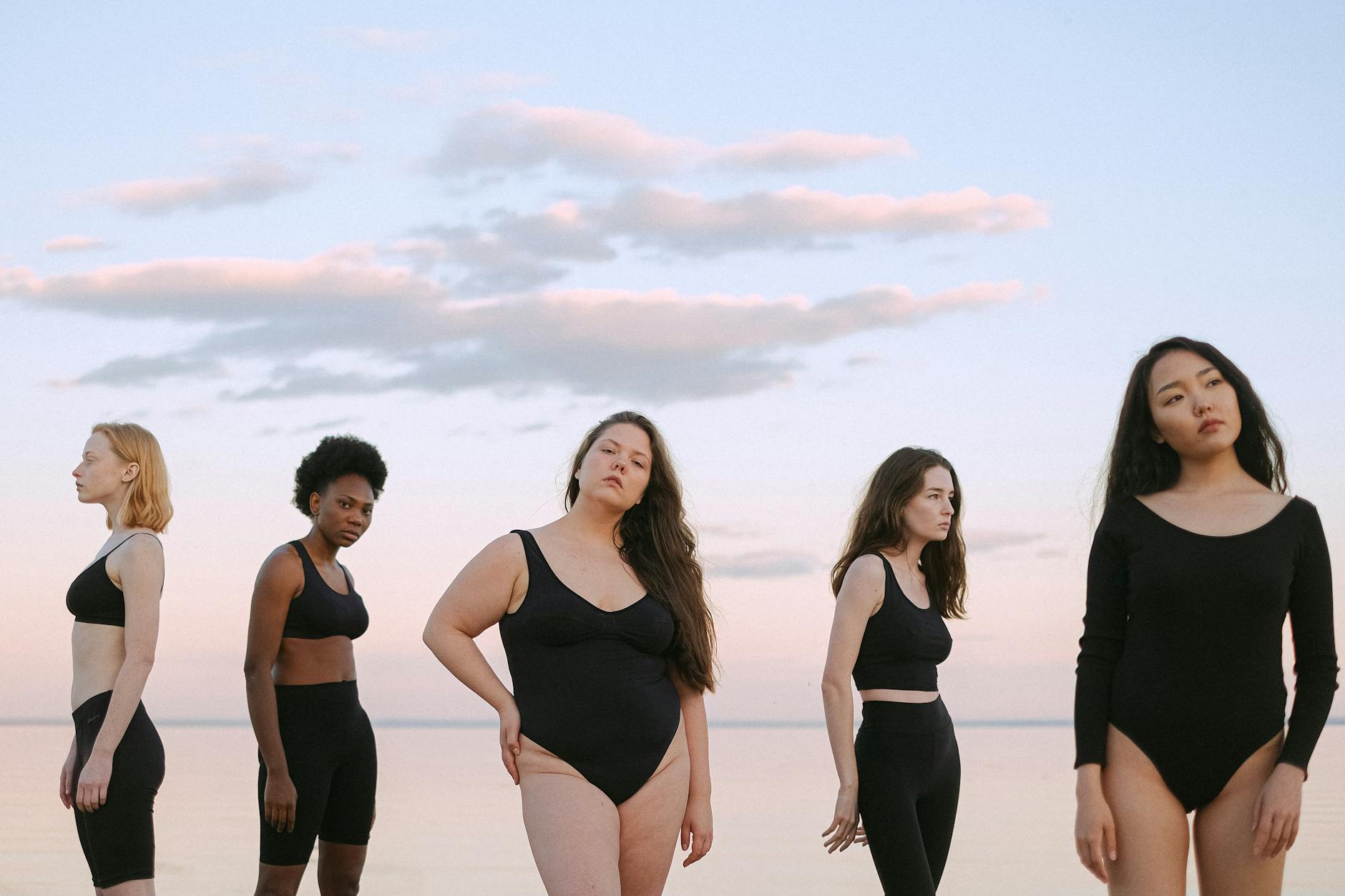
Finding joyful movement
Discovering physical activities that bring you joy is crucial for embracing your body. Instead of viewing exercise as punishment, focus on movement that makes you feel good. Here are some ideas to get started:
- Dance in your living room
- Take a leisurely nature walk
- Try a new yoga class
- Join a recreational sports league
- Swim or do water aerobics
Remember, the goal is to find activities you genuinely enjoy, not to burn calories or change your body shape.
Intuitive eating principles
Intuitive eating is a non-diet approach to nourishing your body. It involves listening to your body’s hunger and fullness cues, and eating foods that satisfy both your physical and emotional needs. Here’s a quick guide to intuitive eating:
| Principle | Description |
|---|---|
| Reject diet mentality | Let go of the idea that there’s a “perfect” diet |
| Honor your hunger | Eat when you’re hungry, not when you “should” |
| Make peace with food | Allow all foods without guilt |
| Challenge the food police | Silence negative thoughts about food choices |
| Feel your fullness | Stop eating when you’re comfortably satisfied |
Wardrobe refresh for body acceptance
Now that we’ve covered movement and eating, let’s focus on clothing. A wardrobe that fits and flatters your current body can significantly boost your confidence. Consider these tips:
- Donate clothes that no longer fit or make you feel uncomfortable
- Invest in a few key pieces that make you feel amazing
- Experiment with different styles and silhouettes
- Focus on comfort and personal style rather than size labels
Setting non-appearance-related goals
Shifting focus from appearance to personal growth can greatly enhance body acceptance. Set goals that celebrate what your body can do, rather than how it looks. Some ideas include:
- Learning a new skill or hobby
- Improving your sleep habits
- Practicing mindfulness or meditation
- Volunteering for a cause you care about
- Strengthening relationships with friends and family
By focusing on these non-appearance goals, you’ll appreciate your body for its capabilities and strengths, fostering a more positive self-image.
Navigating Social Media and Body Image
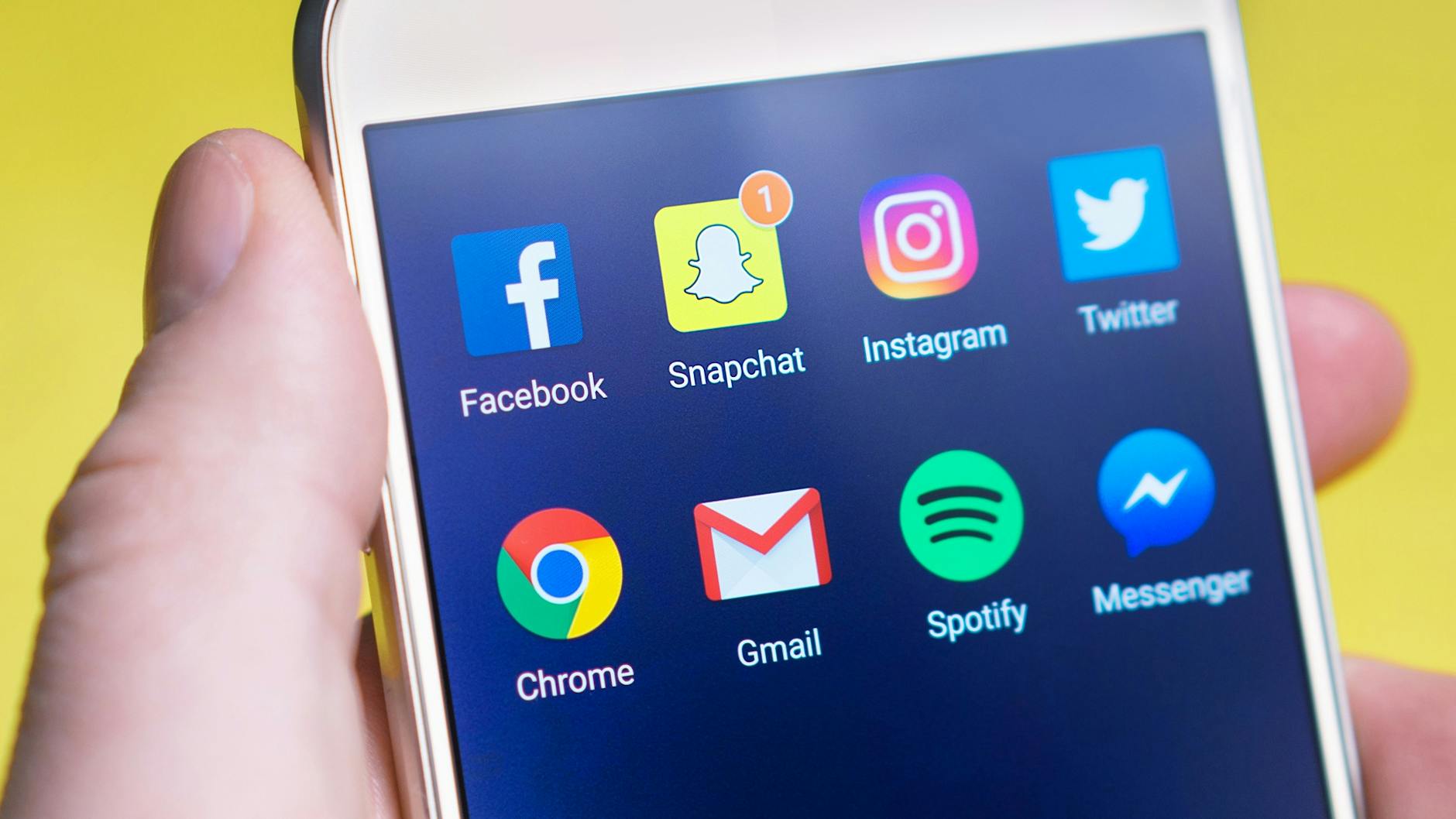
Curating a body-positive feed
Social media can significantly impact our body image and self-perception. To create a more positive online experience, start by curating a body-positive feed:
- Follow diverse accounts representing various body types, ages, and backgrounds
- Engage with content that promotes self-love and body acceptance
- Unfollow or mute accounts that make you feel negative about your body
- Seek out influencers who prioritize health and well-being over appearance
| Action | Benefits |
|---|---|
| Follow diverse accounts | Expands perspective on beauty |
| Engage with positive content | Boosts self-esteem and confidence |
| Unfollow negative accounts | Reduces exposure to harmful messaging |
| Seek health-focused influencers | Encourages holistic well-being |
Recognizing and avoiding triggering content
It’s crucial to identify and steer clear of content that may negatively impact your body image:
- Be aware of before-and-after transformation posts
- Avoid extreme diet or exercise challenges
- Recognize subtle forms of body shaming in captions or comments
- Limit exposure to heavily edited or filtered images
Engaging with diverse body representations
Actively seek out and engage with content that showcases body diversity:
- Follow hashtags like #BodyPositivity or #AllBodiesAreGoodBodies
- Share and comment on posts celebrating different body types
- Participate in body-positive challenges or campaigns
- Create and share your own content promoting body acceptance
By consciously shaping your social media experience, you can foster a more positive relationship with your body and cultivate a supportive online community. Remember, your worth is not determined by likes or followers, but by the genuine connections and self-love you nurture.
Building a Supportive Community
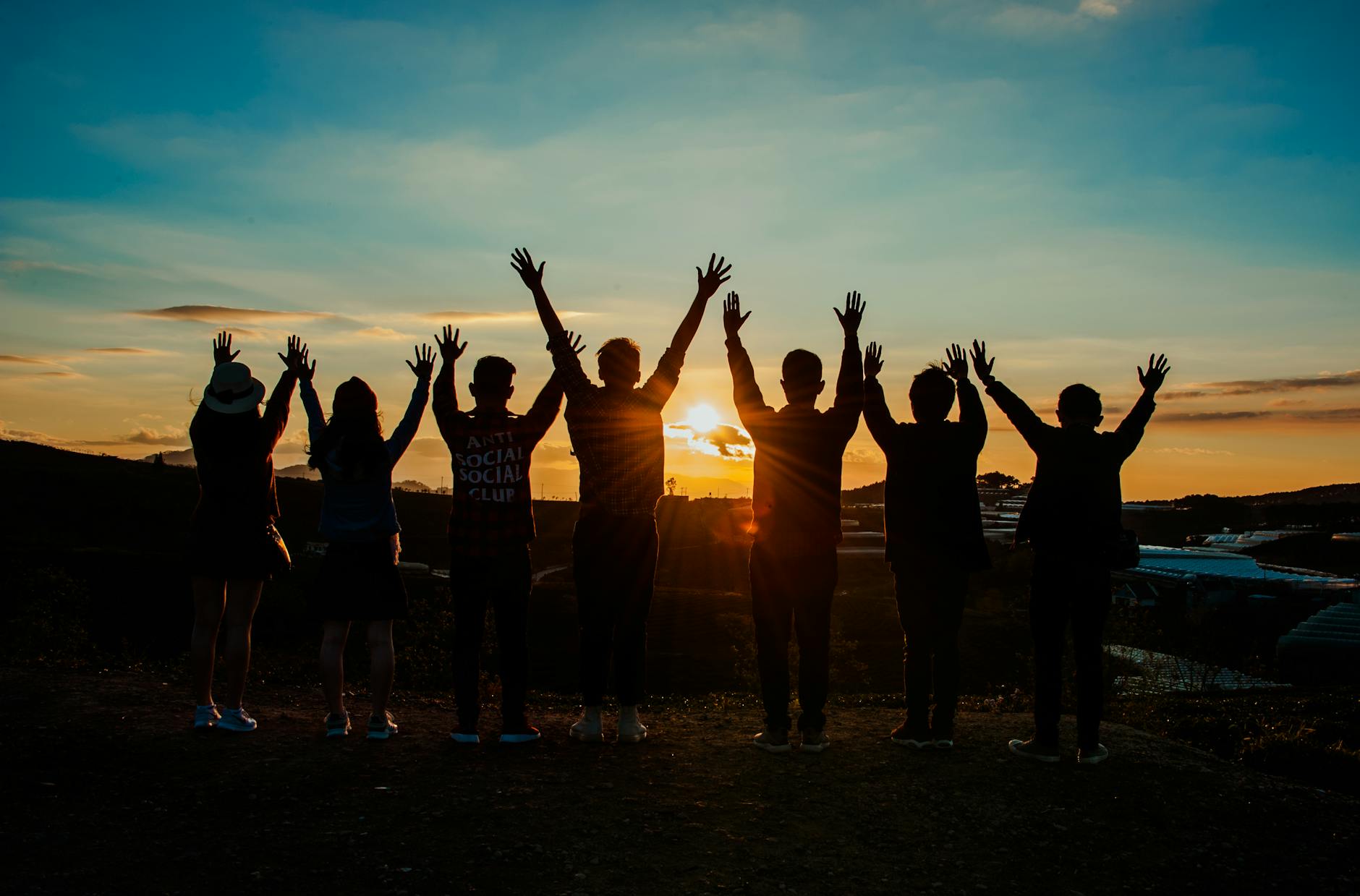
Finding like-minded individuals
In the journey towards body positivity, surrounding yourself with supportive people is crucial. Seek out individuals who share your values and embrace body diversity. Look for local meetups, workshops, or events focused on body acceptance and self-love. Online platforms can also be excellent resources for connecting with like-minded individuals globally.
Joining body positivity groups or forums
| Platform | Benefits | Examples |
|---|---|---|
| Large user base, diverse groups | “Body Positive Warriors,” “Health at Every Size Community” | |
| Anonymous discussions, specialized subreddits | r/BodyAcceptance, r/intuitiveeating | |
| Visual inspiration, supportive communities | Follow hashtags like #BodyPositivity, #EffYourBeautyStandards |
Engaging in these communities can provide:
- Emotional support
- Shared experiences
- Resources and education
- Motivation to continue your body acceptance journey
Encouraging friends and family to adopt body-positive attitudes
- Lead by example: Practice self-love and avoid negative self-talk
- Share educational resources about body positivity
- Challenge harmful comments or jokes about body size
- Organize body-positive activities or movie nights featuring diverse body representations
Seeking professional support when needed
While community support is invaluable, sometimes professional guidance is necessary. Consider reaching out to:
- Body-positive therapists
- Intuitive eating counselors
- Health at Every Size (HAES) practitioners
These professionals can provide personalized strategies for navigating body image concerns and fostering a healthier relationship with yourself. Remember, building a supportive community is an ongoing process that requires patience and effort, but the rewards of self-acceptance and genuine connections are immeasurable.
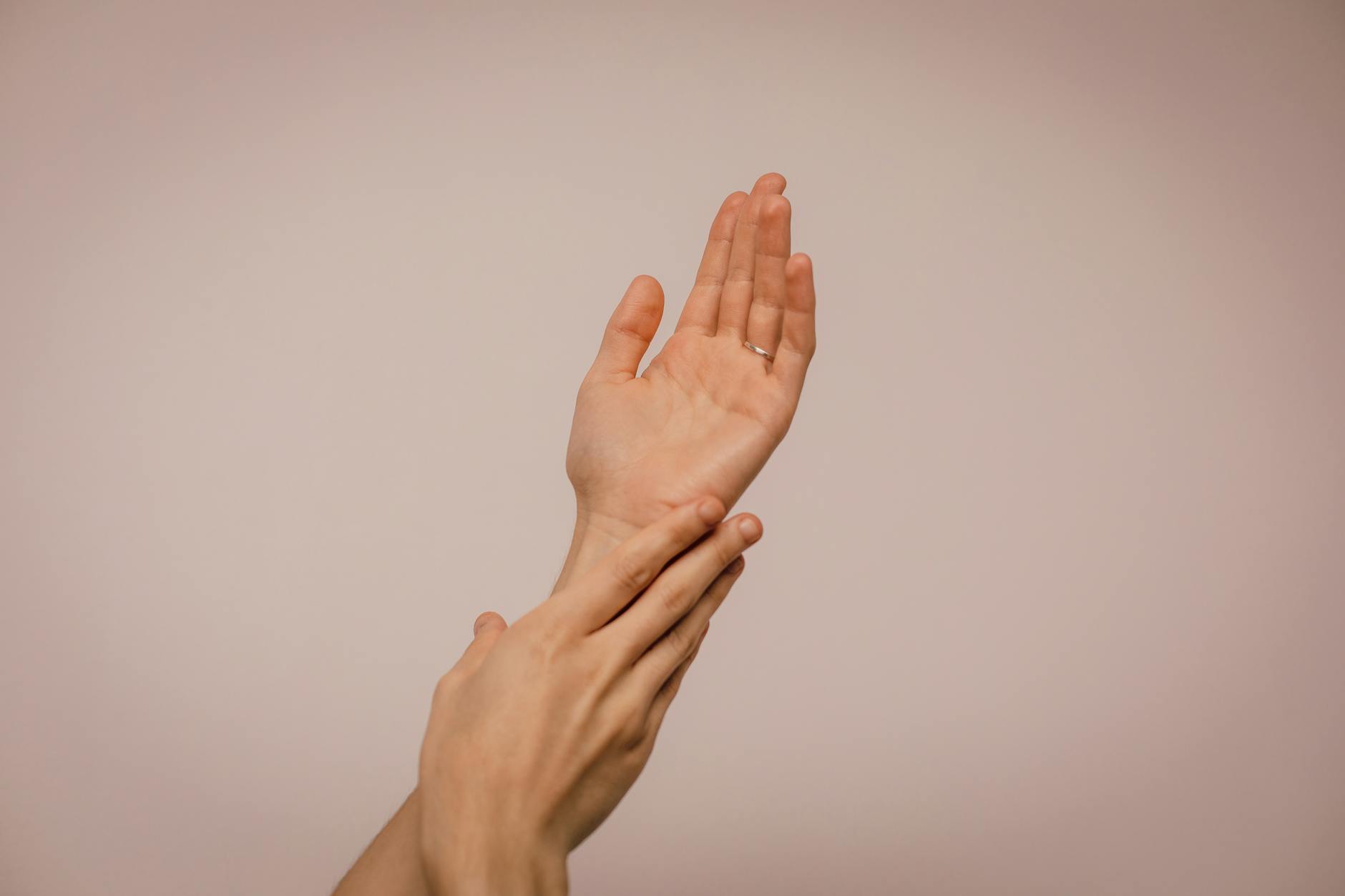
Embracing body positivity and rejecting diet culture is a powerful journey towards self-love and acceptance. By understanding the harmful effects of societal pressures and unrealistic beauty standards, we can begin to appreciate our bodies for their unique qualities and capabilities. Cultivating self-love at any size involves practical steps like positive self-talk, mindful eating, and focusing on overall health rather than arbitrary numbers on a scale.
As we navigate the complexities of body image in the digital age, it’s crucial to curate our social media feeds and surround ourselves with supportive communities that celebrate diversity and authenticity. Remember, your worth is not determined by your appearance, and every body deserves respect, care, and love. By embracing body positivity, we can create a more inclusive and compassionate world for ourselves and future generations.

